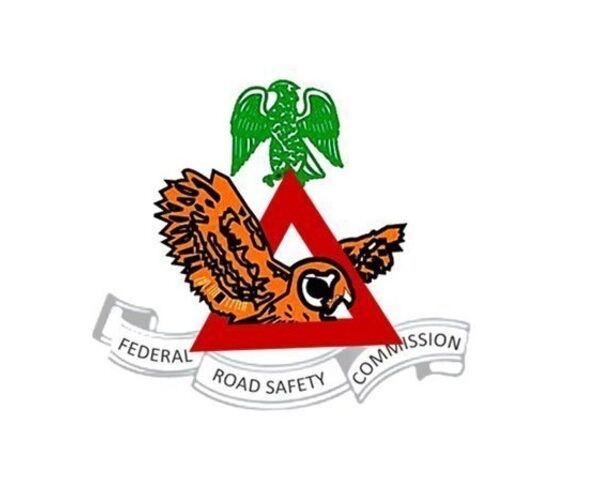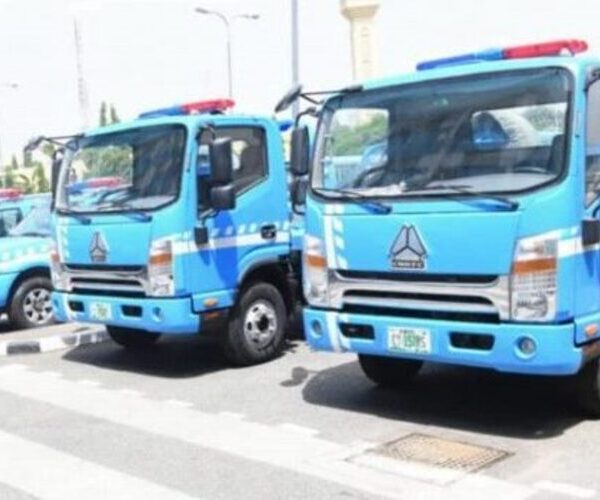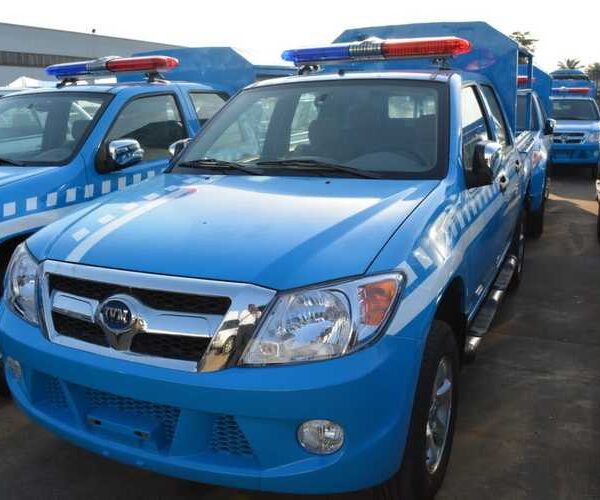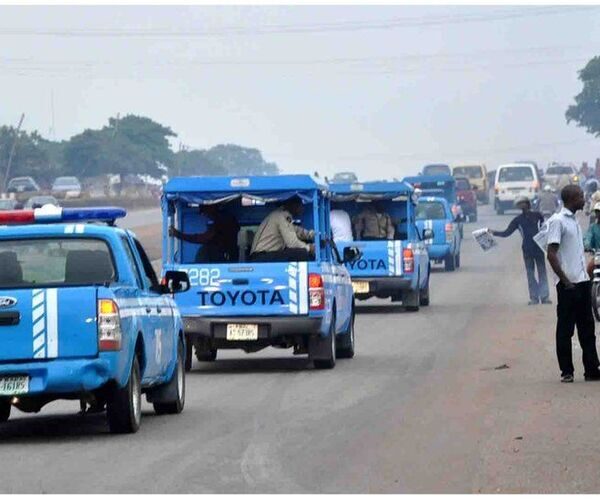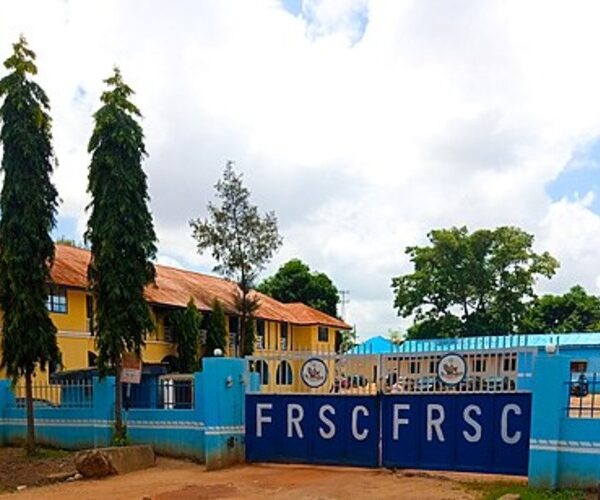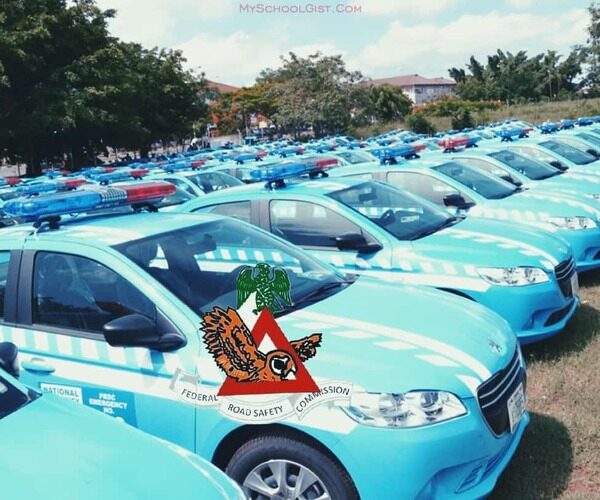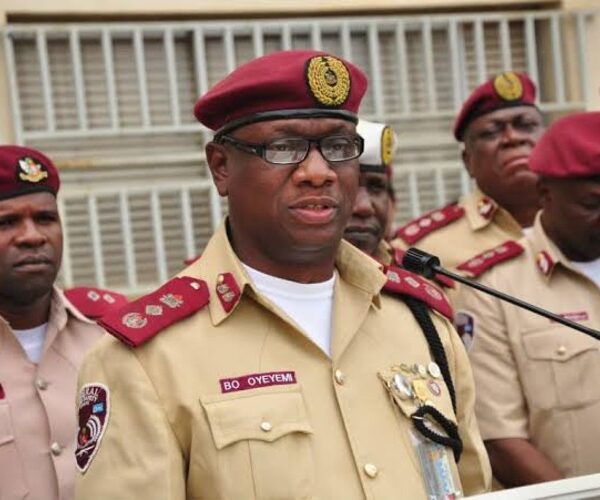- Government Organisation
- 7 Olusegun Obasanjo Wy, Wuse, Abuja 904101, Federal Capital Territory, Nigeria
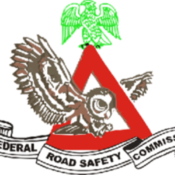
FEDERAL ROAD SAFETY CORPS (FRSC)
The Federal Road Safety Corps (FRSC) is a prominent agency in Nigeria tasked with ensuring safety on the nation’s roads. Established in 1988, the FRSC operates under the jurisdiction of the Federal Ministry of Transportation and is responsible for safeguarding lives and properties on Nigerian highways.
One of the core mandates of the FRSC is to minimize road traffic accidents through robust enforcement of traffic regulations, public enlightenment campaigns, and collaboration with relevant stakeholders. They achieve this through a variety of methods, including regular patrols, vehicle inspections, and the issuance of driver’s licenses and vehicle registrations.
FRSC officers are easily recognizable by their distinct uniforms and patrol vehicles adorned with the agency’s insignia. These officers are highly trained professionals equipped with the necessary skills to handle various situations on the road effectively. They conduct traffic checks, enforce speed limits, and educate drivers and pedestrians on safe road practices.
The agency also plays a vital role in emergency response and rescue operations. In the event of accidents or other emergencies, FRSC personnel are often the first responders on the scene, providing assistance, coordinating rescue efforts, and ensuring that traffic flow is managed to prevent further incidents.
Beyond enforcement and rescue operations, the FRSC is actively involved in road safety advocacy and education. They organize seminars, workshops, and outreach programs to raise awareness about the importance of obeying traffic rules, wearing seat belts, and avoiding dangerous driving behaviors such as speeding and drunk driving.
In recent years, the FRSC has embraced technology as a tool for enhancing road safety. They utilize modern equipment, and vehicle inspection systems, to improve their effectiveness in enforcing traffic laws and ensuring compliance with safety standards.
Mandate and Mission
At its core, the FRSC operates under a comprehensive mandate aimed at improving road safety standards across Nigeria. Its mission encompasses a multifaceted approach, including:
- Traffic Management: The FRSC is responsible for regulating and controlling traffic flow on federal highways, ensuring adherence to traffic rules and regulations to minimize congestion and accidents.
- Accident Prevention: Through proactive measures such as road safety education, enforcement of traffic laws, and public awareness campaigns, the FRSC endeavors to prevent road accidents and minimize their impact on lives and properties.
- Emergency Response: In the event of road accidents or other emergencies, the FRSC serves as a frontline responder, providing timely assistance, medical aid, and traffic management to mitigate the situation’s severity.
- Driver Education and Licensing: The agency oversees the process of issuing driver’s licenses, conducting driving tests, and promoting driver education programs to enhance the competency and awareness of motorists.
Operations and Activities
The FRSC’s operational framework encompasses a wide range of activities aimed at achieving its objectives:
- Patrols and Enforcement: FRSC personnel are deployed across the nation’s highways, conducting regular patrols to monitor traffic flow, enforce speed limits, and ensure compliance with safety regulations. They employ various enforcement tools, including speed cameras, breathalyzers, and vehicle inspection checkpoints.
- Public Education and Awareness: Recognizing the importance of education in promoting road safety, the FRSC conducts extensive public awareness campaigns through media channels, roadshows, and community engagement initiatives. These efforts aim to educate citizens about the risks of reckless driving and encourage the adoption of safer behaviors on the road.
- Vehicle Inspection and Certification: The FRSC conducts routine inspections of vehicles to assess their roadworthiness and compliance with safety standards. Through this process, defective vehicles are identified and required to undergo repairs or maintenance to ensure they meet regulatory requirements.
- Collaboration and Partnerships: The FRSC collaborates with various stakeholders, including government agencies, law enforcement bodies, transport unions, and non-governmental organizations, to enhance the effectiveness of its operations and promote a holistic approach to road safety.
Embracing Technology for Safety
In line with global trends, the FRSC has embraced technology as a pivotal tool in its road safety initiatives. From the deployment of digital speed enforcement systems to the development of mobile applications for reporting emergencies, the agency leverages technology to improve its efficiency, accuracy, and reach in safeguarding Nigeria’s highways.
Challenges and Future Outlook
Despite its commendable efforts, the FRSC faces several challenges in its mission to ensure road safety. These include inadequate funding, limited manpower, poor road infrastructure, and the prevalence of non-compliant motorists.
Addressing these challenges will require sustained commitment from both government authorities and the public.
Looking ahead, the FRSC remains steadfast in its commitment to promoting road safety and reducing the toll of road accidents on Nigerian highways. Through continued innovation, collaboration, and community engagement, the agency endeavors to create a safer and more secure road environment for all citizens.
The Federal Road Safety Corps (FRSC) stands as a beacon of hope in Nigeria’s quest for safer roads. With its unwavering dedication, tireless efforts, and commitment to excellence, the FRSC continues to make significant strides in its mission to safeguard lives and properties on the nation’s highways.
Business Amenities
- Car Parking
- Funding: Private
Contact Information
Opening Hours
Contact Business
Contact Business
Additional Information
Additional info



